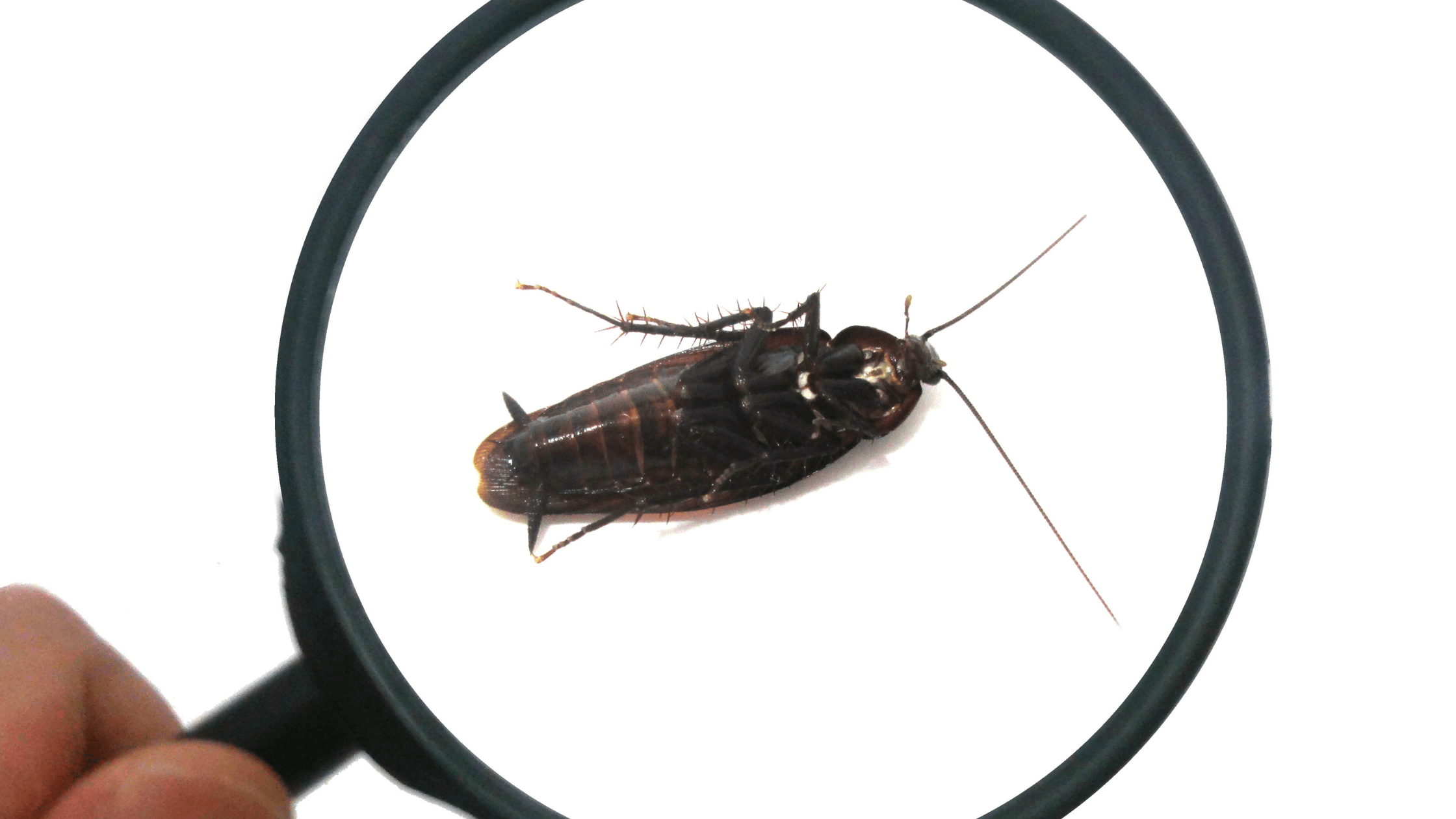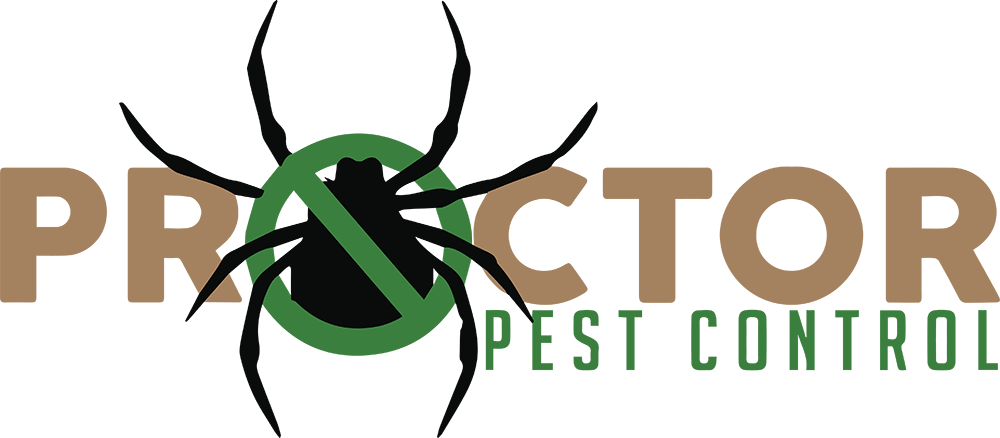
30 Mar The Benefits of Integrated Pest Management Strategies for Long-term Pest Control
Pests are a common problem that can affect homes and businesses of all types. Traditional pest control methods involve using chemicals and other harmful substances to eliminate pests. However, this approach can have negative consequences on human health and the environment. Integrated pest management (IPM) is an alternative approach that focuses on long-term pest control solutions that are effective, safe, and environmentally friendly. In this blog, we’ll take a closer look at the benefits of integrated pest management strategies for long-term pest control.
What is Integrated Pest Management?
Integrated Pest Management (IPM) is a holistic approach to pest control that focuses on preventing pest infestations by addressing the root causes of the problem. IPM strategies are designed to be effective, safe, and environmentally friendly.
IPM involves four key steps:
- Identifying the pest problem: The first step in IPM is to identify the pest problem and determine the extent of the infestation.
- Monitoring and assessment: IPM involves ongoing monitoring and assessment to determine the effectiveness of control measures and make adjustments as needed.
- Prevention: IPM strategies focus on preventing pest problems before they occur. This involves implementing measures to eliminate pest attractants and using barriers to prevent pests from entering the environment.
- Control: If a pest infestation does occur, IPM strategies aim to control it using non-chemical methods such as trapping and exclusion.
The Benefits of Integrated Pest Management Strategies
Here are a few of the benefits of using integrated pest management strategies for long-term pest control:
- Safe and environmentally friendly: IPM strategies are designed to be safe for humans and the environment. By focusing on prevention and non-chemical control methods, IPM can reduce the need for harmful pesticides and other chemicals.
- Effective long-term control: IPM strategies focus on addressing the root causes of pest problems, which can help prevent them from recurring in the future.
- Cost-effective: While initial implementation costs of IPM strategies may be higher, the long-term savings are significant. By preventing pest problems, businesses can save on the costs of treating and repairing damage caused by pests.
- Compliance with regulations: Many businesses are required to comply with regulations that govern the use of pesticides and other chemicals. IPM strategies can help businesses meet these requirements and avoid costly fines.
Conclusion
Integrated pest management strategies are an effective, safe, and environmentally friendly approach to pest control. By focusing on prevention, non-chemical control methods, and ongoing monitoring and assessment, IPM can provide long-term pest control solutions that are cost-effective and comply with regulations. Contact us at Proctor Pest Control to learn more about our IPM strategies and how we can help you implement them in your home or business.



